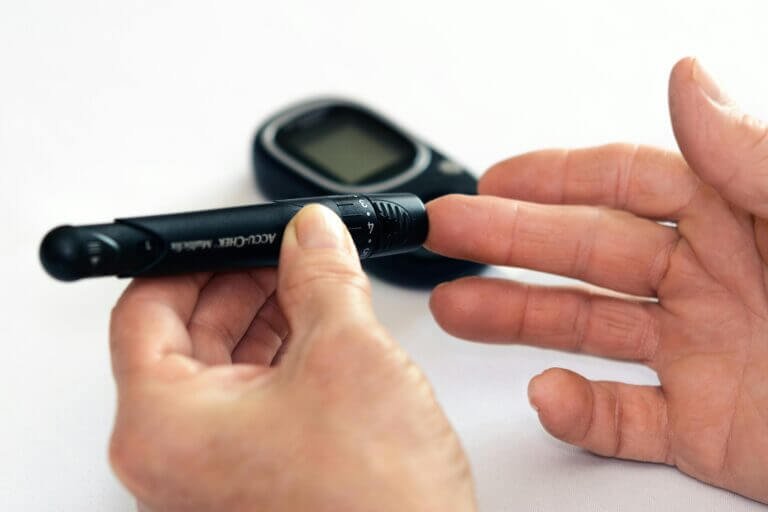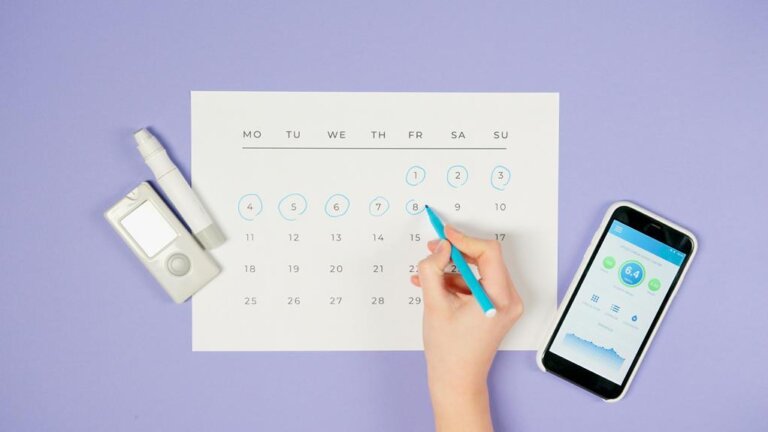reversing diabetes in 30 days
Diabetes, a chronic disease that affects millions of people worldwide, has become an increasing concern in recent years. With its rising prevalence and serious health complications, such as heart disease, stroke, and nerve damage, finding ways to effectively manage and even reverse this condition has become a top priority. While there is no definitive cure for diabetes, there is growing evidence that lifestyle changes can greatly improve its management. In fact, recent studies have shown that adopting a healthy diet and incorporating regular exercise can lead to a significant reduction in blood sugar levels and even reverse the effects of diabetes. In this article, we will explore the concept of reversing diabetes in just 30 days and discuss the steps and strategies that can help achieve this goal. With a professional and evidence-based approach, we will delve into the potential benefits and challenges of this approach, as well as provide tips and resources to help individuals take control of their health and reverse the effects of diabetes.
watch how he got cured of diabetes
Start with a healthy diet.
A crucial step in the journey towards reversing diabetes is to start with a healthy diet. A well-balanced and nutritious eating plan can play a significant role in managing blood sugar levels and promoting overall health. Focus on incorporating a variety of whole foods, such as fruits, vegetables, whole grains, lean proteins, and healthy fats into your meals. Avoid processed foods, sugary beverages, and excessive intake of refined carbohydrates, as they can cause spikes in blood sugar levels. Instead, opt for portion control and mindful eating, ensuring that your meals are rich in essential nutrients and low in added sugars. It is advisable to seek guidance from a healthcare professional or a registered dietitian who can provide personalized recommendations to meet your specific dietary needs and help you make sustainable lifestyle changes to support your journey towards reversing diabetes.
for more articles on diabetes click here
Incorporate regular physical activity.
Regular physical activity is another important component in the journey towards reversing diabetes. Engaging in regular exercise not only helps to manage weight, but it also improves insulin sensitivity, lowers blood sugar levels, and reduces the risk of complications associated with diabetes. Aim for at least 150 minutes of moderate-intensity aerobic exercise per week, such as brisk walking, cycling, or swimming. Additionally, incorporate strength training exercises two to three times a week to build muscle mass and improve overall metabolic health. Remember to start gradually and consult with your healthcare provider before starting any new exercise regimen, especially if you have any existing health conditions. Making physical activity a priority in your daily routine will not only contribute to reversing diabetes but also enhance your overall well-being.
Monitor blood sugar levels closely.
To effectively manage and reverse diabetes, it is essential to monitor blood sugar levels closely. Regularly checking your blood glucose levels allows you to understand how different factors, such as diet, exercise, medication, and stress, impact your blood sugar levels. By keeping a close eye on your readings, you can make informed decisions about your lifestyle choices and adjust your treatment plan accordingly. Use a reliable blood glucose monitor and follow your healthcare provider’s recommendations for frequency and timing of testing. Remember, consistently monitoring your blood sugar levels is a crucial step towards achieving optimal diabetes management and improving your overall health.
Cut out processed and sugary foods.
One key dietary change that can greatly benefit individuals seeking to reverse diabetes is eliminating processed and sugary foods from their diet. These types of foods often contain high levels of refined carbohydrates and added sugars, which can cause blood sugar spikes and contribute to insulin resistance. Instead, focus on consuming whole, nutrient-rich foods such as fruits, vegetables, lean proteins, and whole grains. These foods provide essential vitamins, minerals, and fiber, while helping to stabilize blood sugar levels and promote overall health. By making this simple yet impactful adjustment to your eating habits, you can take significant strides towards reversing diabetes and improving your overall well-being.
Increase intake of fiber-rich foods.
Increasing your intake of fiber-rich foods is another crucial step in the journey to reversing diabetes. Fiber is a type of carbohydrate that is not digested by the body, meaning it does not contribute to blood sugar spikes. Instead, it helps to regulate blood sugar levels by slowing down the absorption of glucose into the bloodstream. Additionally, fiber aids in weight management by promoting feelings of fullness and reducing overeating. By incorporating foods such as whole grains, legumes, fruits, and vegetables into your daily meals, you can not only improve your glycemic control but also enhance your digestive health and reduce the risk of heart disease. Aim for at least 25-30 grams of fiber per day and gradually increase your intake to allow your body to adapt. Remember to accompany fiber-rich foods with adequate hydration to support proper digestion.
Avoid alcohol and tobacco products.
To maximize the effectiveness of your diabetes reversal journey, it is important to make lifestyle choices that support your overall health. One crucial step is to avoid the consumption of alcohol and tobacco products. Alcohol can interfere with blood sugar control and lead to increased insulin resistance, making it more challenging to manage diabetes. It can also contribute to weight gain and disrupt sleep patterns, both of which can further complicate diabetes management. Similarly, tobacco products contain harmful chemicals that can damage blood vessels and impair circulation, increasing the risk of complications associated with diabetes. By eliminating these substances from your life, you can create a healthier environment for your body to thrive and support the reversal process.
Consult with a healthcare professional.
When embarking on a journey to reverse diabetes, it is highly recommended to seek guidance from a qualified healthcare professional. These experts possess the knowledge and experience necessary to provide personalized advice tailored to your specific needs and medical history. Consulting with a healthcare professional allows you to receive comprehensive support and guidance throughout the process, ensuring that you make informed decisions about your diet, exercise, and medication management. They can also monitor your progress, make necessary adjustments to your treatment plan, and address any concerns or challenges that may arise. With their expertise and guidance, you can navigate the path to reversing diabetes in a safe and effective manner, maximizing your chances of long-term success.
Stay consistent and patient throughout.
Achieving success in reversing diabetes requires a steadfast commitment to staying consistent and patient throughout the process. It is important to understand that reversing diabetes is not an overnight solution but a gradual and sustainable journey towards improved health. Consistency in following a balanced and nutritious diet, engaging in regular physical activity, and adhering to medication guidelines is crucial. It is essential to resist the temptation of quick-fix solutions and remain patient, allowing your body time to adapt and make positive changes. Remember, sustainable progress takes time, and with persistence and a positive mindset, you can overcome obstacles and achieve your goal of reversing diabetes. Stay focused, motivated, and trust in the process as you work towards a healthier future.
In conclusion, while reversing diabetes in 30 days may seem like a daunting task, it is possible with dedication and a proper plan. It is important to consult with a healthcare professional and make lifestyle changes that will positively impact your health. Whether it be through diet, exercise, or medication, taking control of your diabetes can greatly improve your overall well-being. With the right mindset and support, you can successfully reverse diabetes and live a healthier, happier life.





